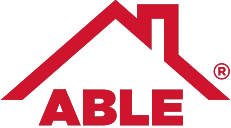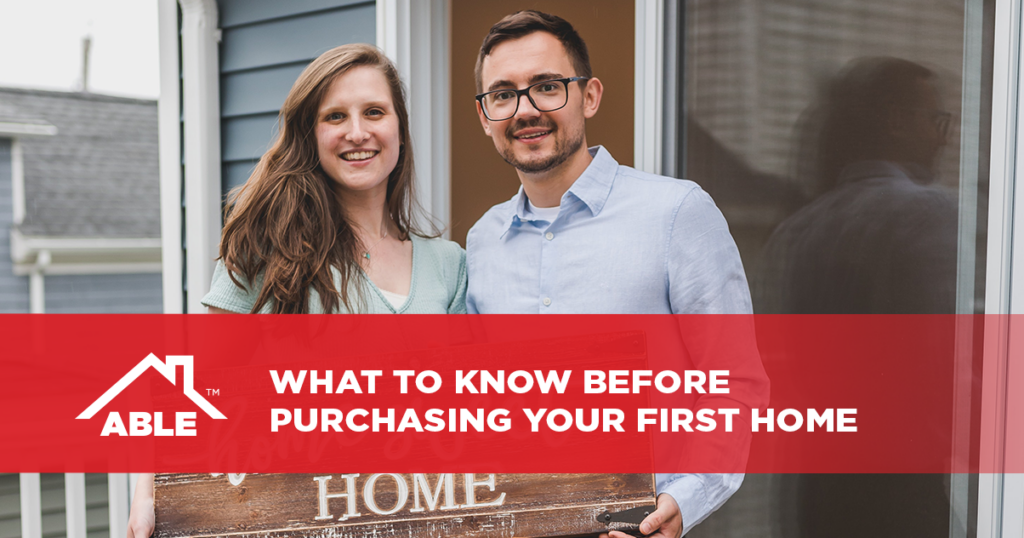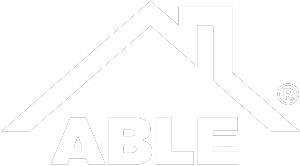Purchasing your first home is a major decision. To make the process as stress-free as possible, it is important to know all the details you must consider from start to finish. Purchasing a home involves several different moving parts, but once everything comes together, you will have secured what is likely the biggest purchase you’ve made to date. Owning a home brings a sense of pride and accomplishment. When you know you want to walk down the path to homeownership, there are a few important aspects to know before doing so. This involves securing your financial support, exploring your options, and ensuring you find the perfect home to fit your lifestyle and budget.
Know your financial options
If you are considering homeownership, you want to start saving money as soon as possible. Setting aside a specific amount each month from your paychecks can quickly add up. When you decide it is time to start looking for a home, you need to understand what you can afford.
Down payment
When you decide to purchase a home, you will have to go through a lending company. You will be required to provide a down payment to secure your loan. This amount varies depending on the lender as well as the type of mortgage you are seeking. Down payment calculation apps and websites are available to help you determine a goal that is best for you. You should consider saving anywhere from $5,000-$20,000 or more depending on the type of home for which you are looking.
Closing costs
Some fees and expenses are attached to the process of finalizing your mortgage. The period between applying for a mortgage loan and closing on a home can range from weeks to months. That is why it is important to have the money you will need right away. Closing costs range from 2%-5% of the loan amount. In some instances, you may be able to ask the seller to pay a portion of the closing costs.
Move-in expenses
It is beneficial to have cash available directly after purchasing your new home. If your home is not move-in ready, you will need to get the necessary repairs and remodeling done as soon as possible. You will also want to have money for any moving crews, furnishing, or miscellaneous items you will need to make your new house feel like a home.
What can you afford?
Purchasing a new home should be a time of excitement. You do not want to put yourself in a tight pinch to make your mortgage payments, property insurance, homeowner insurance, and other finances that are a part of owning a home. You should know what you can safely spend. There are several calculation tools available online. You can also discuss your budget with your mortgage provider. They can help you accurately determine what you can afford by examining your income, debt, potential down payment, existing credit score, and the location you are considering.
Know your credit score
Your credit score plays a vital role in determining your mortgage options and the interest rates you’ll be offered. If you have a low credit score, it is beneficial to take steps to start making improvements as soon as possible. A higher credit score will provide more options. You will want to start by checking your credit reports through all three bureaus. This provides a complete picture of your credit score. It is important to carefully examine your reports and look for any red flags.
On rare occasions, individuals realize – often too late – they opened a line of credit at some point that may have since forgotten. This could be something as simple as opening a store credit card to get a discount on a new appliance. While the balance may not have initially been high, accruing late fees can prove detrimental to your credit. Even if you currently have low credit, you can take steps to rebuild your credit. This includes taking care of any discrepancies, paying all your bills on time, and keeping your credit card balances low.
Know your mortgage options
There are different mortgage options available for those looking to purchase their first home. This includes:
- Conventional mortgages
This mortgage option is common for first-time home buyers. Down payments can be as little as 3%.
- FHA loans
These loans are insured by the Federal Housing Administration. Down payments can be as low as 3.5%.
- USDA loans
These loans are guaranteed by the U.S. Department of Agriculture. These loans are for rural homebuyers and typically do not require a down payment.
- VA loans
These loans are guaranteed by the Department of Veteran Affairs. Current and veteran military service members qualify, and often don’t need a down payment.
As a first-time homebuyer, it is important to explore any assistant programs or incentives that may be offered through your state or city. These first-time buyer assistant programs often consist of low-interest rates, down payment assistance, and closing cost assistance. In many instances, tax credits are also available.
Knowing your financial situation is a major part of the home buying experience. It is not necessarily exciting, but it lays the foundation for your home search. Once you understand your financing options, you’ll have a better understanding of what type of home you can realistically afford.
Know what you want
Once your finances are in order, the actual search can begin. For many, this often involves searching a popular realtor app to see what is available in your desired area. These platforms often show you the asking price, details about the home, and images. Several may include a 3D walkthrough, though you should always take the time to explore the location in person.
Consider a real estate agent
While it isn’t necessary to have a real estate agent, it is highly beneficial. A real estate agent is going to be able to factor in what you are looking for, finding you homes that meet your needs without wasting valuable time looking. A real estate agent also understands the current market situation. This is vital in knowing if you can take your time, or if you must be highly competitive to secure the home you want. Real estate agents also have experience in necessary paperwork and deadlines to ensure that you don’t hit any hiccups.
A real estate agent can book private home showings at your convenience or can keep you informed on open houses that meet your specific requirements. A real estate agent will work hard to get you the home you desire.
Know what to do before a purchase
If you believe you have found the perfect place, the next important step is having a home inspection. Many mortgage lenders will require this inspection as a condition for your loan. This inspection is crucial in understanding the condition of the structure and mechanical systems. Key areas that will be explored include:
- Roof
Replacing a roof can be expensive. If the roof is damaged or aged, you will want to consider seeing if the seller will replace the roof or accept a lower price to offset the repairs or replacement you will need to make.
- Siding
Damaged or missing siding can allow water damage to seep into the interior of the home. It can also lead to drafts which lower the efficiency of the home.
- Windows
Energy-efficient windows that are sealed tightly and damage-free can significantly keep heating and cooling costs down.
- Floors
A home inspector will check for the quality of the flooring, looking for any sinking spots or clear, visual damage.
- Support structures
You want to make sure the home you are considering is structurally sound. Your inspector will look for any sagging.
- Electric, Plumbing, Water
The inspector will check the condition of different systems in your home, making sure they are operating correctly.
Having a home inspection is the best way to know in what condition your potential home truly is. Buyers often accompany the inspector as they move throughout the home’s interior and exterior. This is the perfect opportunity to ask any questions you want to be answered. If you are intentionally looking for a fixer-upper, you may not mind if the roof has damage. However, if you are expecting a move-in ready home, it is vital to understand the home’s true condition.
Know your negotiating capabilities
The asking price isn’t necessarily set in stone when you are the buyer. You can potentially save money by asking the seller to cover the cost of repairs or accept a lower price due to the work needed. Your ability to negotiate depends on the local market. When it is a seller’s market, you are going to be competing with other interested buyers, allowing the seller greater control over their closing price. However, in a buyer’s market, you have a better opportunity to negotiate for a price you feel is fair for both yourself and the seller. Your real estate agent can help you understand the current condition of the market, so that you can develop the best strategy possible for success.








